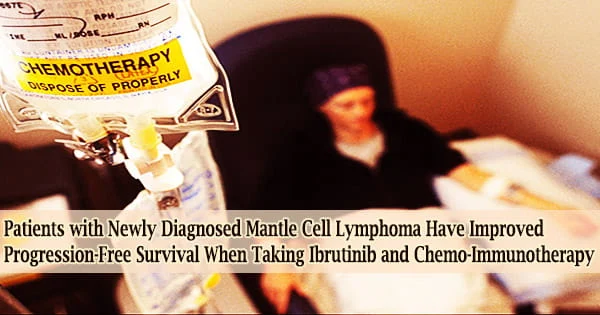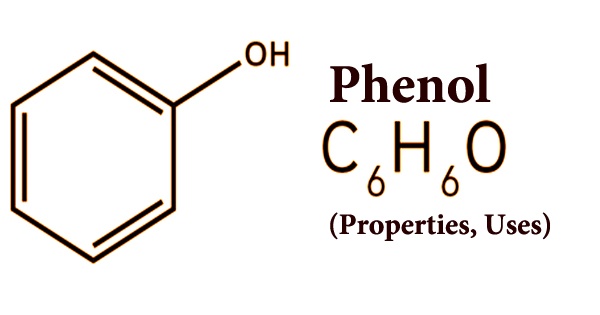For previously untreated mantle cell lymphoma (MCL) in patients 65 and older, combination chemotherapy with the Bruton’s tyrosine kinase (BTK) inhibitor ibrutinib demonstrated improved progression-free survival over standard chemotherapy, researchers from The University of Texas MD Anderson Cancer Center reported today at the 2022 American Society of Clinical Oncology (ASCO) Annual Meeting.
The findings of the study were also released in today’s issue of the New England Journal of Medicine. In 28 countries and 183 sites since 2013, the randomized Phase III SHINE clinical trial has been carried out.
The bendamustine-rituximab combination as well as rituximab maintenance along with either ibrutinib or a placebo were investigated in the double-blinded study. The investigators’ assessment of progression-free survival (PFS) served as the primary outcome.
With the ibrutinib combination, the median PFS was 80.6 months as opposed to 52.9 months in the control group. In the ibrutinib arm, the complete response rate was 65,5%, compared to 57,6% in the placebo arm. At the time of data cutoff, median overall survival had not been achieved in either treatment arm.
“The majority of mantle cell lymphoma patients who are diagnosed over age 65 are not able to receive intensive chemotherapy or stem cell transplantation due to the excessive toxicities from treatment,” said Michael Wang, M.D., professor of Lymphoma and Myeloma and lead investigator of the study.
“These results provide evidence that an ibrutinib-based combination front-line treatment regimen provides a significant progression-free survival benefit and may be a new treatment opportunity for this patient population who previously had few options.”
MCL, a rare and fatal subtype of B-cell lymphoma, makes about 7% of all instances of non-Hodgkin lymphoma. Particularly when taken at the first relapse, the single medication ibrutinib has revolutionized the therapy of patients with relapsed or refractory MCL with lasting action. However, patients eventually acquire resistance, usually within one to two years.
This study shows that the ibrutinib combination significantly improved progression-free survival with manageable toxicities. I am encouraged that moving ibrutinib to the front-line setting will improve outcomes in these patients and should change the standard of care for elderly patients with mantle cell lymphoma.
Professor Michael Wang
The U.S. Food & Drug Administration granted fast approval for ibrutinib to treat MCL patients who have already had at least one line of therapy.
523 individuals were randomly assigned to the two therapy groups in the SHINE study. On the Mantle Cell Lymphoma International Prognostic Index (MIPI), the median age was 71 years, 65.6 percent of patients had low or intermediate prognostic risk factors, and 8.6 percent exhibited blastoid/pleiomorphic histology.
Patients could not have previously received treatment for their illness. Participants in the trial were racially representative of newly diagnosed MCL patients, with the majority being white (77 percent).
Until disease progression or intolerance, ibrutinib medication was given during induction and during rituximab maintenance for two years. In the ibrutinib and placebo groups, respectively, 52 (19.9%) and 106 (40.5%) patients received additional anti-lymphoma treatment, while in the placebo group, 41 of 106 (38.7%) patients received a second-line BTK inhibitor.
81.5 percent of patients in the ibrutinib group and 77.3 percent in the placebo group experienced treatment-related side effects that were grade 3 or 4. 13.9 percent of patients receiving ibrutinib and 6.5 percent of patients receiving a placebo reported having atrial fibrillation.
The safety profile matched the known profiles of the particular medicine, and patients in both treatment arms gave equivalent ratings of their health-related quality of life.
“This study shows that the ibrutinib combination significantly improved progression-free survival with manageable toxicities,” Wang said. “I am encouraged that moving ibrutinib to the front-line setting will improve outcomes in these patients and should change the standard of care for elderly patients with mantle cell lymphoma.”
In this study, patients are still being monitored to assess whether there are any changes in overall survival across treatment arms. Future studies might look into ibrutinib combos that don’t require chemotherapy or have a time constraint.
Janssen Pharmaceuticals NV, a subsidiary of Johnson & Johnson’s Janssen Pharmaceutical Companies, and Pharmacyclics LLC, a division of AbbVie, provided funding for the study. Wang has collaborated with Janssen and Pharmacyclics in a consultant or advisory capacity and has benefited from their research funding.
















